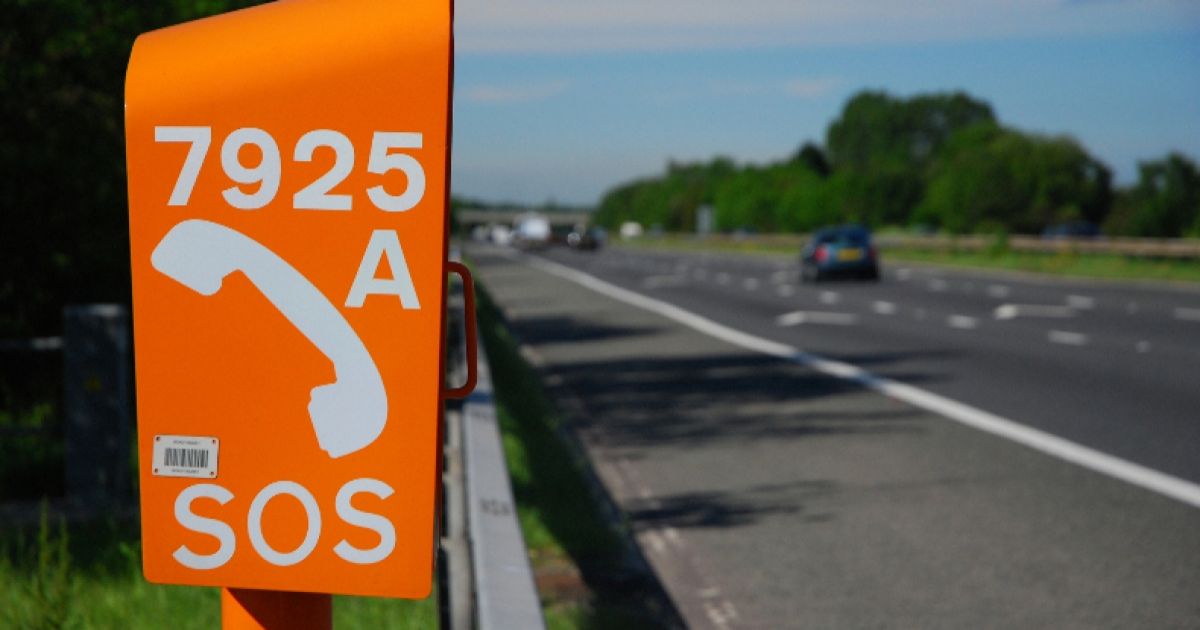As a fairly considerate human being I didn't think ICEing charging points could really be that much of a thing.
Yet here I am sat in a Holiday Inn looking out the window at a Ford Ranger parked directly Infront of the BP Pulse station and parked in such a poor way it has effectively rendered the space next to it unusable as well.
It's no wonder on a couple of occasions I've seen a petrol pump EV'd, where an EV parks up Infront of the pump then the driver goes in to the shop
Yet here I am sat in a Holiday Inn looking out the window at a Ford Ranger parked directly Infront of the BP Pulse station and parked in such a poor way it has effectively rendered the space next to it unusable as well.
It's no wonder on a couple of occasions I've seen a petrol pump EV'd, where an EV parks up Infront of the pump then the driver goes in to the shop





